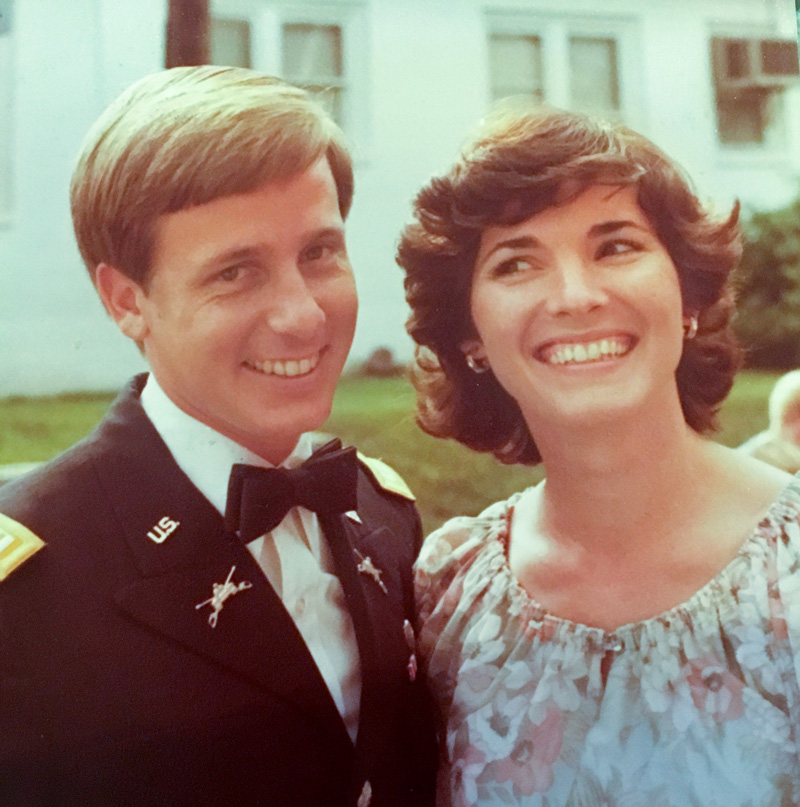SAMPLE CHAPTER
Chapter 18
The Light at the End of the Tunnel
“Trust your landmark and run through the smoke.
It’s going to open up eventually.”
— Ezekiel Elliot
Often, people find themselves lost or going in the wrong direction in their lives. They become depressed, angry, and unable to figure out how to fix their immediate circumstances. It’s like entering into a dark tunnel without knowing how long it is, or even doubting whether there’s an exit.
Leaders can play a strong role in helping people regain their footing and rediscover their way. Everyone enters one or more of these tunnels sooner or later. I’ve been in them many times, myself. Sometimes the tunnels are long, but more often than not, you can find an exit and things turn out just fine.
Sometimes… life even improves.
Patience, fortitude, and perseverance often win out. Having someone help you navigate through the tunnel also helps.

Young people in particular—many of whom have not faced a major crisis in their life—often struggle to see their way through these tunnels. Some decide to take the easy way out by taking their own life. Suicides are particularly tragic, as there is often light at the end of the tunnel, but the affected individual just can’t see it. I have seen this too often in the military—mostly with young people who simply do not have the long-term perspective that life can improve for them. My own sister took her life on Christmas Eve, 1999, a personal loss I’ll address more in the next chapter.
Great leaders almost instinctively demonstrate how much they care about their people. It is part of who they are. Truly great leaders seem to know exactly when to apply this skill at the right moment and in the right way.
Let me relate a story of how I learned about the critical role that leaders play when it comes to guiding others through the dark tunnels of life.


Young people in particular—many of whom have not faced a major crisis in their life—often struggle to see their way through these tunnels. Some decide to take the easy way out by taking their own life. Suicides are particularly tragic, as there is often light at the end of the tunnel, but the affected individual just can’t see it. I have seen this too often in the military—mostly with young people who simply do not have the long-term perspective that life can improve for them. My own sister took her life on Christmas Eve, 1999, a personal loss I’ll address more in the next chapter.
Great leaders almost instinctively demonstrate how much they care about their people. It is part of who they are. Truly great leaders seem to know exactly when to apply this skill at the right moment and in the right way.
Let me relate a story of how I learned about the critical role that leaders play when it comes to guiding others through the dark tunnels of life.
Young people in particular—many of whom have not faced a major crisis in their life—often struggle to see their way through these tunnels. Some decide to take the easy way out by taking their own life. Suicides are particularly tragic, as there is often light at the end of the tunnel, but the affected individual just can’t see it. I have seen this too often in the military—mostly with young people who simply do not have the long-term perspective that life can improve for them. My own sister took her life on Christmas Eve, 1999, a personal loss I’ll address more in the next chapter.
Great leaders almost instinctively demonstrate how much they care about their people. It is part of who they are. Truly great leaders seem to know exactly when to apply this skill at the right moment and in the right way.
Let me relate a story of how I learned about the critical role that leaders play when it comes to guiding others through the dark tunnels of life.
Soon after I started my military career, I married my college sweetheart. I met her in the spring of 1972, when I was a junior at Purdue. After graduation in 1973, I went to Fort Hood, and she joined me in the spring of 1974, where she got her first exposure to military life.
Two years later, my marriage ended. I was 24 years old and was crushed. It was the first deep personal failure I had ever experienced, and I went into a very dark tunnel.
At the time, I was the maintenance officer for a tank battalion. One of my coping mechanisms was to invest any discretionary time and energy I had into my work. I spent many nights in the motor pool, sometimes doing anything to keep my mind focused.
One Friday night at about 7 p.m., when I was doing paperwork, completely alone except for the motor pool guards, I got a surprise visit. The Brigade Commander, Col. Jack Woodmansee, walked in. He was a former White House Fellow and a brilliant leader. He commanded roughly 4,000 soldiers, of which I was just one. From the point of view of a first lieutenant, the Brigade Commander was like God. Because he was many levels above me, we had never met.
Col. Woodmansee said he’d like me to join him in a walk through the motor pool. I was sure this was the perfect storm of bad luck: my marriage was falling apart, I was coping by investing my time in my work after hours, and now the Brigade Commander was going to inspect the motor pool… on a Friday night, no less. For the next 20-30 minutes, he and I walked up and down the tank lines.
Oddly, he never said a word about the status of maintenance, the appearance of the tanks, or anything remotely related to my job. Rather, he talked about challenges he had faced in life and how he got through them. He never mentioned my own situation, but when we finally got back to the front gate, he put his hand on my shoulder and said: “There’s light at the end of this tunnel; you just can’t see it yet.”
I later learned that my battalion commander had told Col. Woodmansee about a young lieutenant who was facing difficult personal challenges and could use some encouragement. That is what brought the colonel to the motor pool that Friday evening.

Since that day, my memory has faded about a number of things and experiences, but that small but thoughtful gesture by a senior leader to a young officer buried deep in his own personal problems is seared into my memory like it was yesterday. I can’t tell you how much his short visit lifted my spirits. Somebody cared when I felt like nobody did.
One often feels alone when things are going wrong. I put that rock in my backpack, and over the past 40 years, I’ve applied this same tactic a number of times, with similar success, on young people I have seen struggling.
EXITING THE TUNNEL
Making it through the tunnel sometimes seems impossible when you are in it, but I’ve learned that most tunnels have an exit. You generally find a solution to problems, and you should never give up hope, or stop trying to find the exit.
Since that day, my memory has faded about a number of things and experiences, but that small but thoughtful gesture by a senior leader to a young officer buried deep in his own personal problems is seared into my memory like it was yesterday. I can’t tell you how much his short visit lifted my spirits. Somebody cared when I felt like nobody did.
One often feels alone when things are going wrong. I put that rock in my backpack, and over the past 40 years, I’ve applied this same tactic a number of times, with similar success, on young people I have seen struggling.
EXITING THE TUNNEL
Making it through the tunnel sometimes seems impossible when you are in it, but I’ve learned that most tunnels have an exit. You generally find a solution to problems, and you should never give up hope, or stop trying to find the exit.


Since that day, my memory has faded about a number of things and experiences, but that small but thoughtful gesture by a senior leader to a young officer buried deep in his own personal problems is seared into my memory like it was yesterday. I can’t tell you how much his short visit lifted my spirits. Somebody cared when I felt like nobody did.
One often feels alone when things are going wrong. I put that rock in my backpack, and over the past 40 years, I’ve applied this same tactic a number of times, with similar success, on young people I have seen struggling.
EXITING THE TUNNEL
Making it through the tunnel sometimes seems impossible when you are in it, but I’ve learned that most tunnels have an exit. You generally find a solution to problems, and you should never give up hope, or stop trying to find the exit.

I left Fort Hood about 4 months after the “buck-up” talk from the colonel to attend the Armor Officer Advanced Course at Fort Knox, Kentucky. In May of 1977, 10 months after my divorce, I met Karen Lusk, who became my wife of over 41+ years. Ours was a whirlwind courtship that lasted just two months, and has persevered all these years. We have a wonderful son and daughter, and the finest grandson on the planet. From today’s perspective, I cannot imagine my life taking a different turn.
There was a bright light at the end of my tunnel. In the summer of 1976, I couldn’t see it.
About 13 years after that motor pool stroll, I was a lieutenant colonel and the commander of a 1,000-man combined arms task force of armor, infantry, and field artillery at Fort Knox.

I left Fort Hood about 4 months after the “buck-up” talk from the colonel to attend the Armor Officer Advanced Course at Fort Knox, Kentucky. In May of 1977, 10 months after my divorce, I met Karen Lusk, who became my wife of over 41+ years. Ours was a whirlwind courtship that lasted just two months, and has persevered all these years. We have a wonderful son and daughter, and the finest grandson on the planet. From today’s perspective, I cannot imagine my life taking a different turn.
There was a bright light at the end of my tunnel. In the summer of 1976, I couldn’t see it.
About 13 years after that motor pool stroll, I was a lieutenant colonel and the commander of a 1,000-man combined arms task force of armor, infantry, and field artillery at Fort Knox.

I left Fort Hood about 4 months after the “buck-up” talk from the colonel to attend the Armor Officer Advanced Course at Fort Knox, Kentucky. In May of 1977, 10 months after my divorce, I met Karen Lusk, who became my wife of over 41+ years. Ours was a whirlwind courtship that lasted just two months, and has persevered all these years. We have a wonderful son and daughter, and the finest grandson on the planet. From today’s perspective, I cannot imagine my life taking a different turn.
There was a bright light at the end of my tunnel. In the summer of 1976, I couldn’t see it.
About 13 years after that motor pool stroll, I was a lieutenant colonel and the commander of a 1,000-man combined arms task force of armor, infantry, and field artillery at Fort Knox.
One day, I learned that now-retired Lieutenant General (three-star) Jack Woodmansee was visiting Fort Knox, so I called the protocol office and asked whether he would consider coming to my battalion to discuss leadership with my officers. He agreed and when he arrived, I introduced him by telling my officers about that Friday night in the motor pool years earlier, when I was going through a difficult period.
LEADERSHIP IS CARING
I recently learned of a story from a graduate course on leadership. On test day, the instructor handed out the exam with only one question: “What is the name of the janitor who cleans this room?” Nobody knew, and most thought it a joke.
It wasn’t.
Leadership is about reaching out to ALL of those in your sphere of influence and demonstrating that you care about them, personally. The janitor had a role in ensuring the room was adequately cared for, to provide a suitable learning experience for the students. All the students had been exposed to him throughout the course, but nobody had bothered to get to know him or to thank him. But true leadership is in the details of how you care for others.
Nobody passed the test that day, but they all learned a valuable lesson.
Finally, I’m reminded of a Chinese proverb that helps to illustrate that good can come out of bad; that there is usually the possibility of a light at the end of every tunnel.
An old man living out on the Chinese steppes raised horses. One day, his prize stallion ran away. A neighbor felt sorry for him and told him so. The old man replied: “How could we know it is not a good thing for me?”
A few days later, the horse returned and brought with it a few mares. The neighbor congratulated the old man on his good fortune, but the old man replied: “How could we know it is not a bad thing for me?”
His son decided to ride one of the horses, but the horse bucked and threw him to the ground, breaking his leg. Again, the neighbor expressed sympathy for the old man, but the old man replied: “How could we know it is not a good thing for me?”
A while later the Emperor’s army arrived in the area to recruit young men to fight in a war. Because of his crippling injury, the son could not go off to war and was spared from certain death.
This popular Chinese proverb really has a double meaning: that good can come from bad, but also that bad can follow good. The reader can choose what meaning works best for them, but I would point out that there is sometimes a silver lining in misfortune. We just need to have the patience and resolve to find it. There is often light at the end of the tunnel.
There was for me and there can be for you… and those in your charge.
-- Craig Whelden
